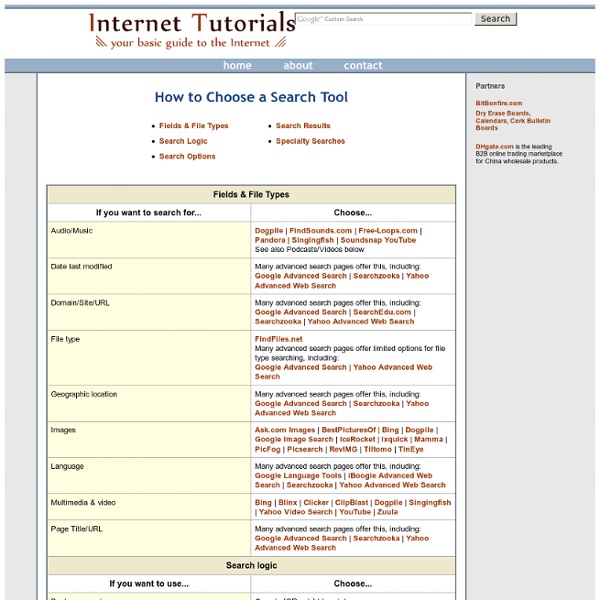How to Choose a Search Tool

Joongel, Internet The Easy Way
Sweet Search by Librarians
Learning & education in the Google Cloud
Quick Question | Naiku
publish [comment_status] => open [ping_status] => open [post_password] => [post_name] => overview [to_ping] => [pinged] => [post_modified] => 2012-08-17 12:39:05 [post_modified_gmt] => 2012-08-17 18:39:05 [post_content_filtered] => [post_parent] => 0 [guid] => [menu_order] => 0 [post_type] => qq [post_mime_type] => [comment_count] => 0 [filter] => raw ) [1] => stdClass Object ( [ID] => 3732 [post_author] => 1 [post_date] => 2012-08-03 14:39:56 [post_date_gmt] => 2012-08-03 20:39:56 [post_content] => Have a question? Getting Started Document Check out these pages for step-by-step guidance: Getting Started with Quick Question Basic Operation with Quick Question Additional Quick Question Features Know your question? Additional Questions Can't find your answer? Need ideas about how to incorporate Quick Question in your classroom for formative assessment or to increase student engagement? Twenty Ways To Use Quick Question Lesson Ideas Seminars Easy to Use
Related:
Related:



